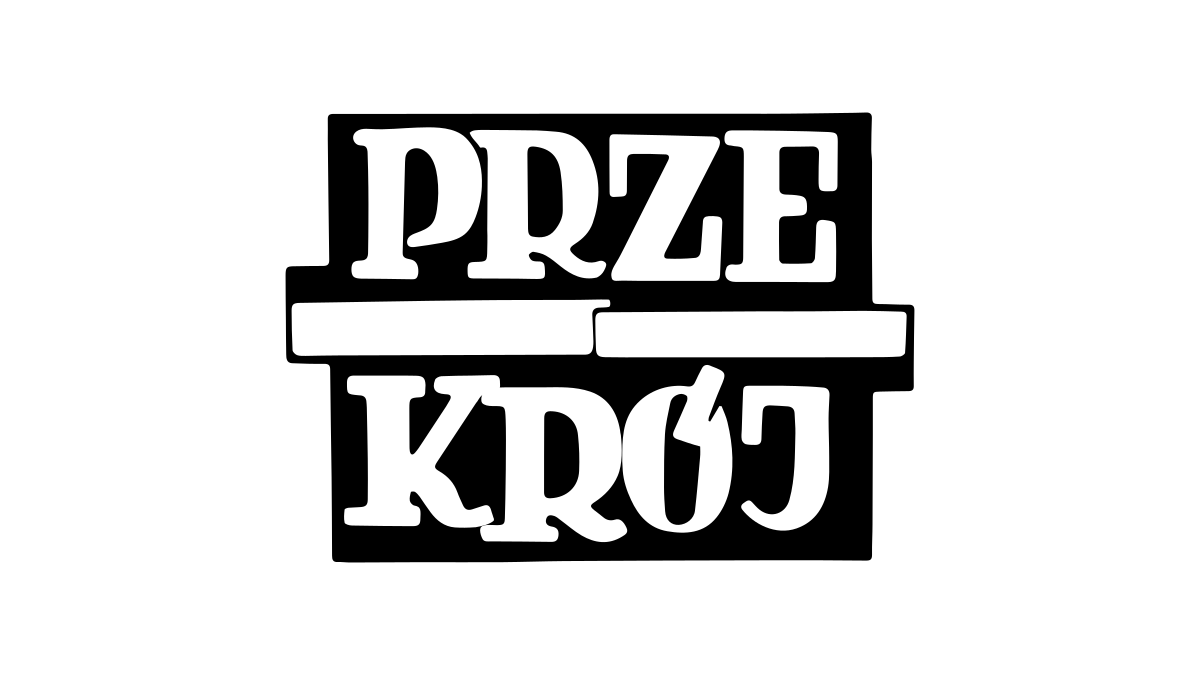
In the 1960s when I was growing up, bodies awaited burial at home. In the block of flats where we lived, the caretaker would hang out a black flag above the entrance and all the neighbours would tiptoe past the wreath attached to the unfortunate person’s door. To me the smell of candles, flowers, perfume and shaving lotion became the scent of death.
Neighbours – even children! – were expected to express their condolences to relatives and attend the wake with the body displayed in its coffin in the middle of the living room. I remember an uncle whose jaw had to be tied and an aunt wearing a headscarf, though not the threadbare one she wore all her life but a brand new black one made of the finest fabric. And the body of a child, a year or so younger than me, the sight of which paralysed me with guilt: had I gone with him, could I have persuaded him not to go climbing on the railway carriages?
A decade later, my grandmother








